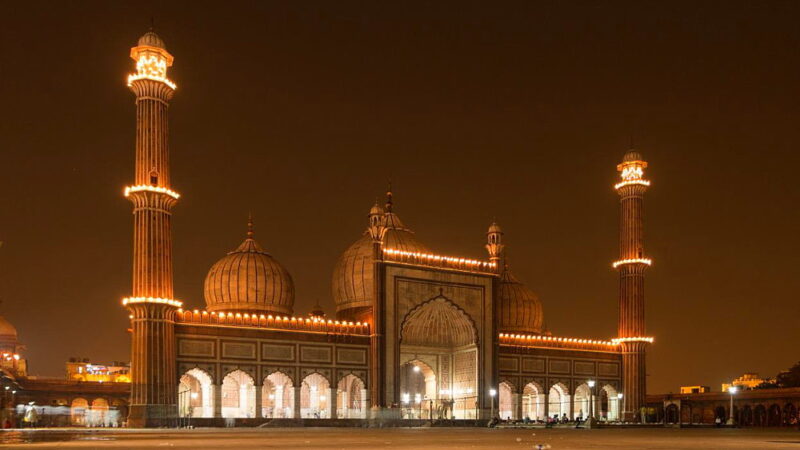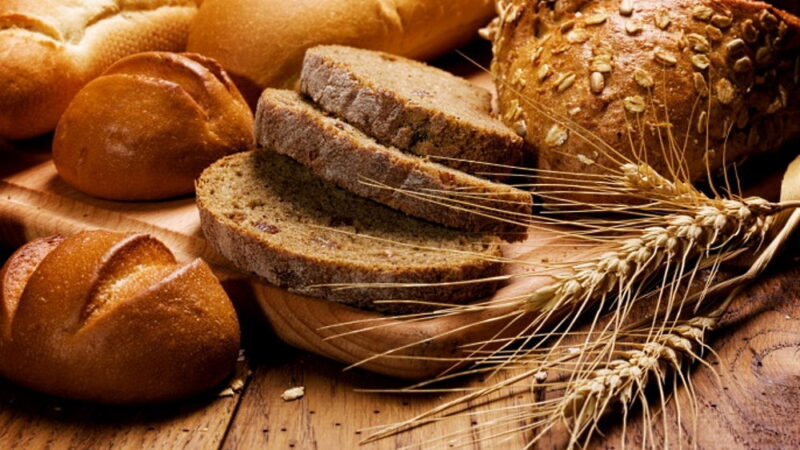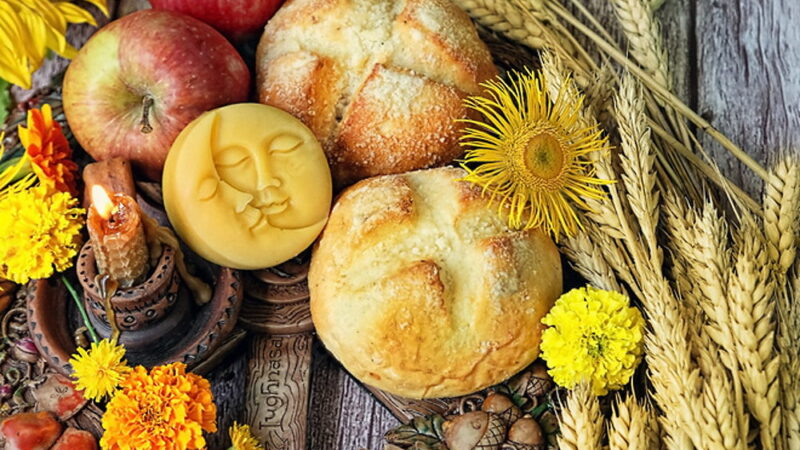Eid al-Adha, also known as the Feast of Sacrifice, is one of the most significant celebrations in Islam. Observed annually on the 10th day of Dhul Hijjah in the Islamic lunar calendar, it marks a time for Muslims worldwide to demonstrate their obedience to Allah through acts of worship, sacrifice, and charity. The holiday’s inspiration comes from a well-known story in the Qur’an, shared across Abrahamic faiths, where Prophet Ibrahim’s unwavering faith was rewarded with divine mercy.
History
The Qur’an recounts the story of the Prophet Ibrahim, who was commanded by Allah to sacrifice his son, Ismail, as a test of faith and obedience. As Ibrahim prepared to fulfill this divine command, Allah replaced Ismail with a ram, instructing him to sacrifice the animal instead. Eid al-Adha, also known as the Feast of Sacrifice, commemorates this act of devotion and trust in Allah.
According to tradition, only specific animals—sheep, lambs, and camels—can be sacrificed, and they must meet strict criteria for health and age. The slaughter must follow halal guidelines, ensuring humane treatment. The meat is then divided into three portions: one for the needy, one for friends and relatives, and one for the family of the person offering the sacrifice.
Interesting Facts
- The Prophet Ibrahim (Abraham) was born in the city of Ur approximately 2,000 years ago.
- The Prophet Mohammed, regarded as the final prophet in Islam, was born in 570 CE.
- In 2020, due to the COVID-19 pandemic, sacrificial rituals in many urban areas were conducted virtually to maintain safety.
How to Take Part
Muslims observe Eid al-Adha by wearing new or their best clothes, often given as gifts. The day begins with a communal prayer at the mosque, followed by time spent in reflection, meditation, and prayer. Families celebrate with a feast featuring traditional dishes such as stews, bread, biscuits filled with dates and pistachios, and sweets like Turkish delight. It is a day of charity, sharing, and devotion.
When is Eid al-Adha?
Eid al-Adha is observed annually on the 10th day of Dhul Hijjah in the Islamic calendar. The specific Gregorian date varies each year based on the lunar calendar.
Observations
| Year | Day | Month | Weekday |
| 2025 | 27 | June | Saturday |
| 2026 | 27 | May | Wednesday |
| 2027 | 16 | May | Sunday |
| 2028 | 5 | May | Friday |
| 2029 | 24 | April | Tuesday |




